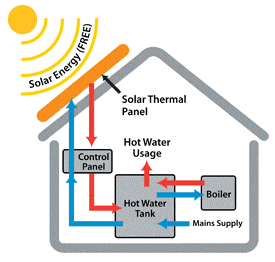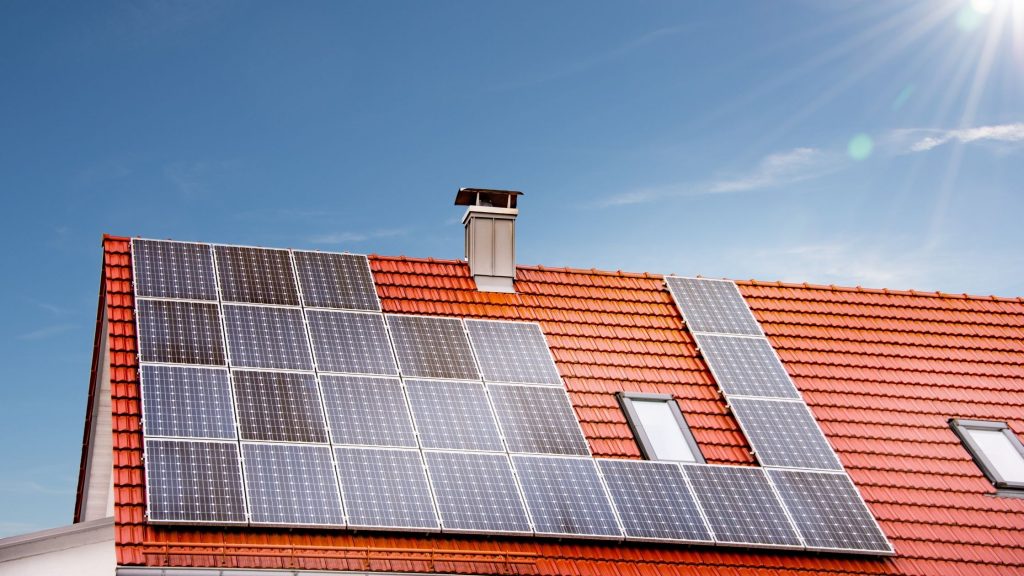Solar panels generate clean energy and reduce our dependence on traditional raw material prices, add value to your home and lower your bills.
The choice between a photovoltaic solar panel or a solar thermal panel is not always easy. It is important to understand how these two technologies work and how they differ.
What Are Solar Panels and Why Do We Need Them?
Today there are many daily activities that result in high consumption bills: electric cars, induction cookers, boilers, washing machines at different times of day, solar panels are technological devices that can convert solar energy into electricity or hot water. Provide concrete assistance with energy to save.
Difference Between Solar Thermal and Photovoltaic Panel
Here are the important differences between these two technologies for harnessing solar energy:
- Thermal solar panels are used for water heating and can replace boilers or water heaters.
- In contrast, photovoltaic solar panels convert solar energy into electricity for household appliances.
But let us explain in detail the difference between a solar thermal panel and a photovoltaic panel:
Material: The photovoltaic module is made of silicon, while the solar thermal module uses a collector to heat a liquid, usually water
Production: Photovoltaic modules generate electricity, while solar thermal modules generate hot water to supply sanitation systems
Efficiency: Thermal solar modules have an efficiency of 80%, while photovoltaic modules absorb solar radiation between 17 and 257% depending on the type of module selected
Incentives: The Stability Act extends the discount for those installing solar thermal modules by 65%, for those installing photovoltaic modules by 50%
Guarantee: Thermal solar modules last about 20 years, photovoltaic modules even 30 years
Installation: Just one thermal solar module is sufficient to heat hot water, but not the same for photovoltaics, which requires larger dimensions to achieve the same electrical properties. For both, the exposure is southern, but unlike photovoltaic panels which take up a lot of space, solar heaters are easy to install.
Photovoltaic Solar Panel

As mentioned above, you can use photovoltaic solar panels to convert solar energy into electricity.
Photovoltaic panels are devices that generate electricity and allow you to convert solar energy into electricity thanks to the photovoltaic effect.
Photovoltaic panels generate electricity which must be used during production or dissipation. There are two ways to avoid distraction:
- Electric current is fed into the network and consumed when needed
- The electric power is stored in the battery and then used again
Solar Thermal Panel

A solar thermal panel is a device very similar to a photovoltaic panel in that it contains a liquid that is heated by the sun and transfers heat to water, usually used to produce hot water or to heat homes.
The solar thermal system consists of a number of components which can best heat water. For this reason, the minimum system is structured as follows:
- Solar collector
Heat exchanger
Tank for storing hot water
Plant engineering
Advantages of Solar Thermal Panels and Photovoltaic Panels
The sun is a great source of energy, which is why installing solar panels has many advantages:
- Environmental compatibility: The solar system does not use fossil fuels and therefore produces no environmental pollution while operating.
- Sanitary water savings: Installing solar thermal systems covers 60-70% of hot water requirements.
- Heating savings.
- Save electricity.
Installing solar or photovoltaic thermal panels to serve your home or business is an environmentally-friendly choice.
Owners can evaluate the installation of solar photovoltaic or thermal panels and calculate the economic and environmental benefits and use of these panels: although this reduces costs, it above all recovers damage caused by pollution.
- Solar Panel Maintenance And Cleaning Tips You Must Know - January 5, 2023
- Tips For Zero Waste Living in 2023 - January 2, 2023
- What Is Condensing Boiler and Why Do You Need It? - December 11, 2022

